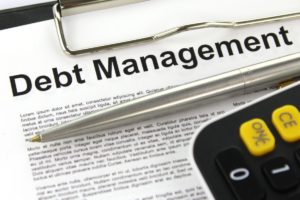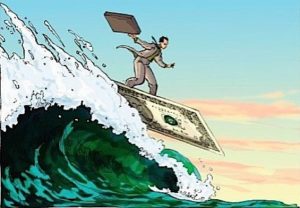Do You Really Need a Credit Card at the Age of 25?
 A 25-year old is done with college and is probably into his first job. At the threshold of adulthood, he wants to fulfill several dreams in a short period of time. Most people believe that having a credit card is an important factor of becoming an adult. However, there are many individuals who think such cards are unnecessary. Just like investing is not necessary, having a card is also not a necessity. So then why would a 25-year old need one?
A 25-year old is done with college and is probably into his first job. At the threshold of adulthood, he wants to fulfill several dreams in a short period of time. Most people believe that having a credit card is an important factor of becoming an adult. However, there are many individuals who think such cards are unnecessary. Just like investing is not necessary, having a card is also not a necessity. So then why would a 25-year old need one?
Here are five reasons why having a credit card at the age of 25 is beneficial.
1. Deposits are Not Necessary
Some merchants who accept debit card payments require the customers to also pay a higher deposit at the time of booking. In case a person is unable to execute the plans, the merchants are still able to earn some of their cash deposit amounts (because there fund is done after deducting a certain sum). These are similar to security deposits and may become inconvenient. A credit card eliminates all such difficulties for the users because merchants do not require deposits for such transactions.
2. Deferred Payment
When an individual uses a debit card to purchase any product or service, the money is immediately deducted from his bank account. On the other hand, a credit card purchase does not have to be paid until the next payment due date. For example, if a cardholder purchases something using his card on the 1st of a month and billing due date is 31st of the month; he enjoys an interest-free period of 30 days. Although this may not seem like much, being able to make purchases without the need to pay upfront cash may help users save a lot of money over a longer period of time.
3. Affordable Home Loan Interest Rates
Many people think that they may receive better discounts and close a home purchase faster if they pay in cash. However, if a person has used his credit card responsibly and made timely payments, this is reflected in his credit score given by a credit rating agency like Credit Information Bureau (India) Limited (CIBIL). A higher credit score is beneficial in reducing the interest cost on home loans and other types of borrowings. This makes it less expensive for people to buy their dream home. Furthermore, paying the mortgage installment with a card reduces the actual cash outflows and helps prevent financial difficulties.
4. Reward Points
Most card companies provide excellent reward-based credit cards for their customers. These issuers allow the cardholders to accumulate reward points on their spending. These are redeemable against several offers, such as travel deals, air miles, or purchasing some products and services. In addition to the reward points, users may enjoy cashback offers and benefit from signup bonuses that make credit cards more beneficial.
5. Develop Credit Score
A 25-year old may not have any credit history. However, he may need to avail of a loan in a couple of years to purchase a home or any other asset. This period may be used to develop a good credit score using a credit card. When an individual utilizes his card responsibly and has no delays in payments, it has a positive impact on his credit score. Having a strong credit score has several direct and indirect benefits, such as increased possibility of receiving approval on loans and lower interest rates.
People often find lots of information on how using a credit card may have severe outcomes, such as financial distress and debt traps. However, using a card wisely also has many benefits. However, before applying for a credit card, it is important to check credit card eligibility and understand the terms and conditions related to credit cards.
















